An international study reveals that female characters get all the worst lines in films. In Bollywood, it couldn't be truer. These are the writers challenging that notion
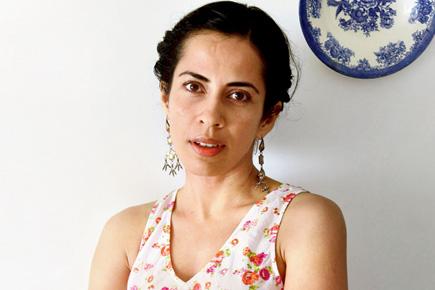
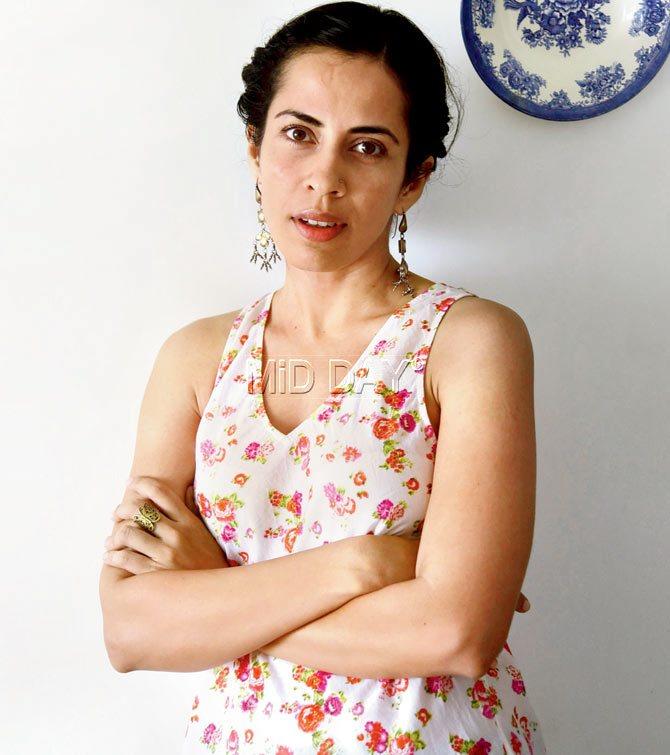
Suhani Kanwar. Pics/Sameer Markande
ADVERTISEMENT
Writer Suhani Kanwar went to cinemas halls a couple of times to gauge the audience reaction to her 2014 release Ragini MMS 2. Her favourite scene had actor Sunny Leone (who plays herself in the film), being told that 'real' actors elicit emotion in films, while all Sunny does is pretend to have orgasms (in her adult films). So Sunny goes on to do a Meg Ryan in When Harry Met Sally, moaning and arching her back in pleasure. She elicits such emotion in her co-actor in the scene, that he, the 'real' actor forgets his lines. "There was this uncomfortable silence in the hall, followed by men laughing at the dumbstruck guy.. but actually, they were laughing at themselves, because the guy on screen was saying exactly what they think. Those are the men the scene was targeted at... the ones who watch adult films but also judge the women in them. If I, for one moment, made them uncomfortable with their own hypocrisy, I did my job" says the 36-year-old, whose more recent work is the acclaimed Lipstick Under My Burkha, for which she also wrote the screenplay.
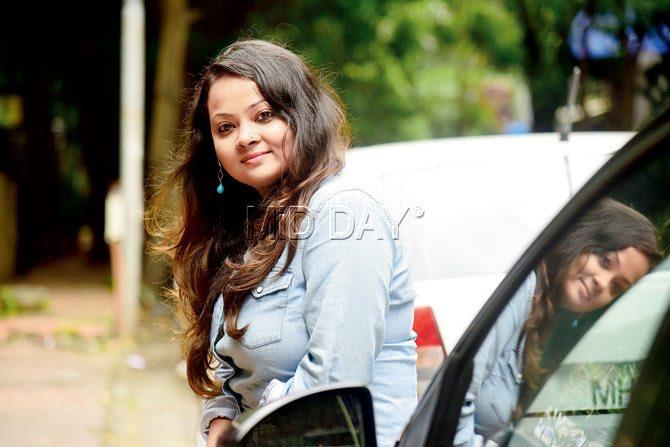
Ishita Moitra
A recent study by USC Viterbi School of Engineering's Signal Analysis and Interpretation Lab (SAIL) which will be published in the Proceedings of the Association for Computational Linguistics, scanned over 1,000 film scripts and found that even if female characters were removed from the plot, there'd be little difference. In an interview, Anil Ramakrishna, one of the study's researchers, said, "Writers consciously, or subconsciously, agree to established norms about gender that are built into their word choices." In the Indian film industry, we wouldn't need a study to tell us that the gender roles are skewed. Women are objectified as either the vamp or sexy savitri, sati savitri or avenging martyr. It's only in the last few years that movies like Queen, Kahaani, Tanu Weds Manu and now Lipstick have challenged what female characters can say on screen.
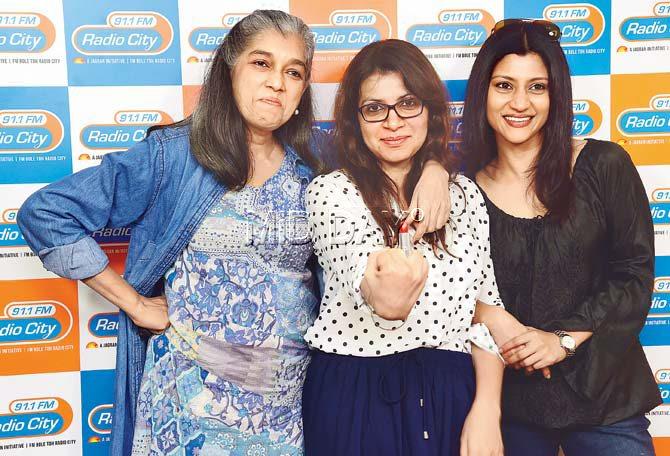
Lipstick Under My Burkha director and writer Alankrita Shrivastava (centre) with the cast of her film, Ratna Pathak Shan and Konkana Sen
"I don't use the word heroine, because I feel that the roles in my stories are characters. And, their dialogues should be honest and should remain true to them and the context," says Alankrita Shrivastava, writer and director of Lipstick. "Dialogues cannot be forced on someone for the sake of sending a message." Shrivastava, who also made the Gul Panag-starrer Turning 30, adds that she has the liberty to say something like that because she doesn't come from the Bollywood tradition of dialogue writers. "Since I write and make my own movies, I have control. Otherwise, storytelling is controlled by men. Female characters usually lack nuance and sensitivity. An equal and opposite content should also exist."
Kanwar, who also wrote a show called Swim Team for Channel V (with two young girls training to swim for the Olympics), says that women writers have to unlearn the process of discounting their own stories and writing from the male perspective. "We have been censoring ourselves, because we've been trained to think there isn't a market for what we have to say. I always want to say something, on an hourly basis, and some people find that tiresome. I also don't agree when people ask, 'is this the right time', because there's never going to be the perfect time to go out and demand your rights. We just need to keep telling our stories."
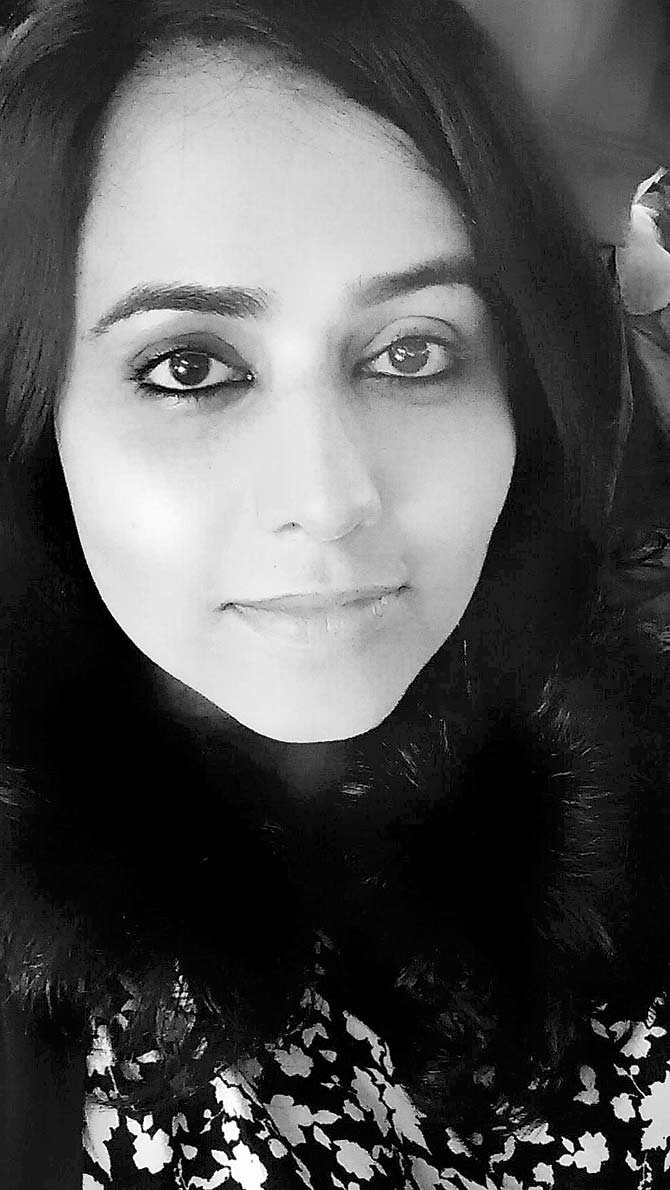
Gazal Dhaliwal
Her sentiment is echoed by Lipstick dialogue writer Gazal Dhaliwal, who tries to explain the dialogue writing process in a simple yet effective way, "An important rule for me is to not become preachy in order to make a statement. Else, I risk losing my audience. Leela's lament stated in a simple line, 'Aapko pata hai hamaari galti kya hai? Hum sapne bohot dekhte hain', according to me, is more effective than a long speech about women living oppressed lives."
Writer Ishita Moitra, currently writing Alt Balaji's The Test Case starring Nimrat Kaur as the first Indian Army officer to fight at the front, was struck by how things have changed when she watched the 90s classic, Ghar Ho To Aisa on TV recently.
"There is a good bahu and a bad bahu, and the bad bahu teaches the other to rebel. But, in the end, the good bahu realises that she should resist change, as her child also has to grow up in the same house. Movies wanted to stop the rebellion. And, I figured, that a man must have written that." Moitra, who has also written Noor and dialogues for Ragini MMS2, feels that things are changing, albeit slowly, but players like Ekta Kapoor and actors like Anushka Sharma, Alia Bhatt, Vidya Balan and Kangana Ranaut who want, need and ask for stronger characters, ensure that writers like her can create better roles for women.
"In mainstream films, these actors are saying, give me something to do. Like in Sultaan, in the last scene, Anushka tells Salman's character, 'don't give up, we are sportsmen'. She doesn't say 'tumhe mere pyar ki kasam'," says the 34-year old. "I also think producers and directors are changing. They fear they come across as regressive."
 Subscribe today by clicking the link and stay updated with the latest news!" Click here!
Subscribe today by clicking the link and stay updated with the latest news!" Click here!







